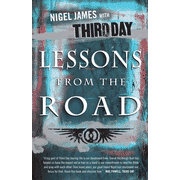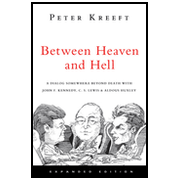Geithner Must Go
National Review’s Larry Kudlow says it’s time for Treasury Secretary Timothy Geithner to resign:
For all of Mr. Geithner’s apparent skills and knowledge and other professional qualifications, he still has a tremendous ethical problem. Pres. Obama has made much of the need for a new era of responsibility and ethics. Obama is right. But Mr. Geithner is wrong. He should follow Daschle and Killefer by submitting his resignation.
This is a matter of personal character and accountability. It is a matter of honesty. Too many of our leaders suffer big deficits in these areas.
As Kudlow points out, the fact that President Obama has made ethics a central part of his administration makes the Geithner problem more acute. In addition, with the focus of the administration’s energies on the economy, it is going to be difficult for Geithner to be the face of economic policy for the administration. In a separate post, Kudlow made this point:
Treasury Secretary Timothy Geithner stood alongside President Obama in a White House press briefing yesterday. Obama talked about bank compensation limits and Geithner spoke about the need for trust, confidence, and faith in our leaders to get the job done. Only a day earlier, Pres. Obama said there should be no double standard when it comes to paying taxes.
However, Mr. Geithner is guilty of a double standard. He dodged his taxes. We know that. The only reason he eventually paid his taxes is because he was nominated to the Treasury. He has never gotten honest about his tax dodge. He never answered the key question of whether he would have paid his back-taxes had he not been nominated to the Treasury. And the result is that Mr. Geithner has lost the trust and confidence of the American people.
It’s time for Mr. Geithner to go.



